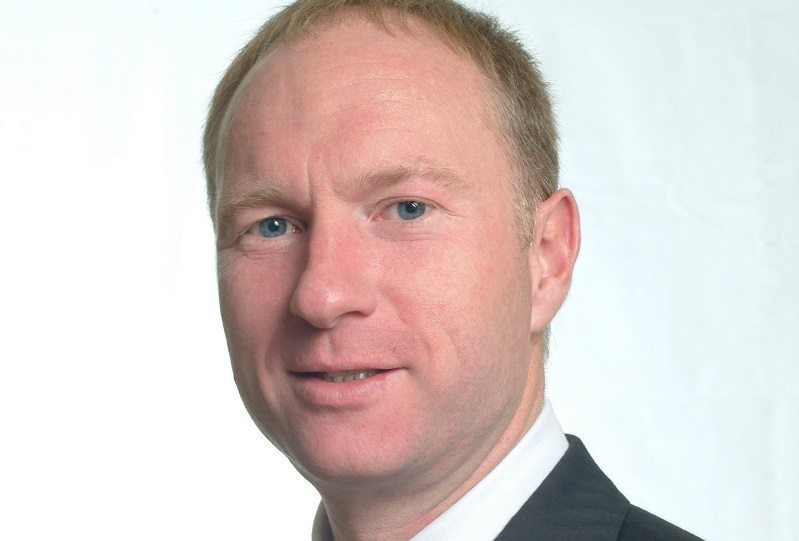The board announced today it has negotiated the headline management fee of 0.85% of gross assets to be reduced to 0.70% of net assets with a plus or minus 0.20% variation based on performance relative to the index.
However, in the same announcement it said it was switching from the Russell Nomura Mid/Small Cap Index to the Topix Index, which has delivered poorer performance over every time period. The changes come as the board looks to expand the investment trust’s investible universe.
The maximum fee will be 0.90% on net assets, whereas if the investment trust underperforms it can fall as low as 0.50%.
The Fidelity Japanese Values has significantly outperformed the Russell Nomura Mid/Small Cap Index over one year returning 31.1% compared to 7.4% in the benchmark; however, the new Topix index that the investment trust would be benchmarked against has delivered even worse performance over the period, returning 4.6%.
While the investment trust has outperformed both benchmarks by a considerable margin, it has underperformed the 35.4% average in the AIC sector over the same period, according to FE.
In a statement to Portfolio Adviser, a Fidelity spokesperson said the fee and benchmark changes were “two entirely separate decisions made by a board that is independent of Fidelity”.
They said: “The board believes the Topix Index, the most widely used index representing the Japanese equity market, is the most appropriate benchmark given the impending change in investment objective of the trust, allowing greater flexibility to move between market capitalisation segments.
“It’s important to note that not only has the headline management fee reduced from 0.85% to 0.70% but by changing the fee from gross to net assets means that, at the current level of gearing, this is an additional substantial saving.”
Fidelity Japanese Values versus current and proposed benchmarks
| 1yr | 3yr | 5yr | |
| Fidelity Japanese Values | 31.1% | 72.4% | 131.3% |
| Russell Nomura Mid/Small Cap index (current index) | 7.4% | 47.4% | 90.9% |
| Topix index (proposed index) | 4.6% | 38.1% | 73% |
| Japanese Smaller Companies sector | 35.4% | 86.6% | 139.3% |
Soure: FE
Fidelity International announced in October it was shaking up its fee structure so that investors would be charged a variable fee, according to funds’ out- or underperformance.
Fidelity confirmed Japanese Values, which is managed by Nicholas Price (pictured), was the first investment trust to adopt the variable management fee. In its open-ended range it will initially launch variable management fee share classes in five Oeics and five Sicavs.
Fidelity Japanese Values chairman David Robins said the fee structure aligns shareholder interests with the investment style of the portfolio manager. He said Price had delivered significant outperformance of the past year, but “even the best active managers experience periods of underperformance”.
“The new fee structure will compensate for underperformance where it arises and hopefully encourage long term investing over the course of the cycle.”
The new fees come into effect from 1 July 2018.
Sector exit
The announcement coincides with proposals from the investment trust’s board to broaden its investible universe.
The board said it is seeking shareholder approval for greater flexibility for the £192.9m investment trust to invest across the market-capitalisation spectrum and to double its limit on unlisted companies from 5% of the portfolio to 10%.
The board said the changes would allow manager Price to invest more in micro, small and large market-cap stocks. It has also proposed renaming the company to become the Fidelity Japan Trust.
The proposed changes will go to a shareholder vote on 22 May 2018.
The board has also decided the investment trust will exit the Association of Investment Companies Japan Smaller Companies sector to join the AIC Japan sector. Both moves will not be subject to the shareholder vote and will happen on 22 May or shortly after.
Robins said the board believes the changes will make the Company more appealing to existing and potential investors.










